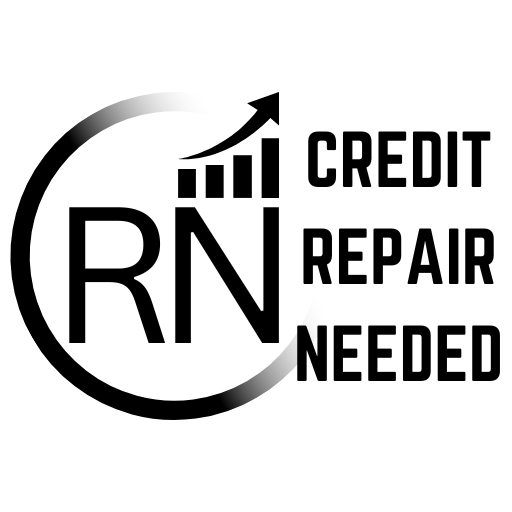Aspects Of Personal Finance
Introduction
Roadmap of Personal Finance.
If you’re serious about fixing your credit, there’s something you need to know: understanding personal finance is your golden ticket. This isn’t just about a quick fix; it’s about mastering your money and securing your financial future. In this guide, we’ll dive into the critical areas you must focus on to turn your credit around and keep your finances rock solid. Ready? Let’s get to work.
It’s the key to unlocking your dreams and guiding you through expenses, investments, and savings. Whether you’re in debt or growing wealth, mastering personal finance sets you on the path to success. Think of it as your “personal” GPS, helping you make smart decisions and seize opportunities. A solid foundation in personal finance is essential. Take control of your financial destiny.
Let’s explore the key aspects that make up personal finance.
1. Personal Finance Basics
- Understanding income: gross vs. net pay
- Types of expenses: fixed, variable, and discretionary
- The importance of saving and investing
- Financial goal setting: short-term, medium-term, and long-term goals
2. Budgeting
- Creating a realistic budget
- Tracking expenses
- The 50/30/20 rule (needs, wants, savings)
- Zero-based budgeting
- Envelope system for cash management
3. Credit Management
- Understanding credit scores and credit reports
- Factors affecting credit scores
- Reading and interpreting credit reports
- Disputing errors on credit reports
Strategies for improving credit scores
4. Debt Management
- Types of debt: secured vs. unsecured
- Good debt vs. bad debt
- Debt repayment strategies: snowball vs. avalanche method
- Debt consolidation options
- Negotiating with creditors
5. Savings and Emergency Fund
- Importance of an emergency fund
- How to build an emergency fund
- Savings strategies and techniques
- High-yield savings accounts
6. Banking and Financial Services
- Choosing the right bank accounts
- Understanding banking fees
- Online and mobile banking
- Overdraft protection
7. Insurance
- Types of insurance: health, life, auto, home/renters
- Understanding insurance premiums and deductibles
- Importance of adequate insurance coverage
8. Taxes
- Basic understanding of income tax
- Tax deductions and credits
- Filing status and its impact
- Tax implications of debt forgiveness
9. Consumer Rights and Protections
- Fair Credit Reporting Act (FCRA)
- Fair Debt Collection Practices Act (FDCPA)
- Consumer Financial Protection Bureau (CFPB) resources
10. Identity Theft Prevention
- Protecting personal and financial information
- Recognizing signs of identity theft
- Steps to take if you’re a victim of identity theft
11. Financial Planning
- Retirement planning basics
- Investment fundamentals
- Understanding risk tolerance
- Asset allocation
12. Credit Building Strategies
- Secured credit cards
- Credit-builder loans
- Becoming an authorized user
- Responsible use of credit
PRO TIP
Start small and be consistent. Even small steps towards better financial management can lead to significant improvements over time.
By mastering these aspects of personal finance, you’ll be well-equipped to tackle credit repair and maintain excellent financial health. Each of these topics deserves in-depth exploration, so we encourage you to dive deeper into the areas that are most relevant to your current situation.
Next Steps
Ready to take control of your finances? Here are some resources to help you get started:
Remember, the journey to financial wellness is unique for everyone. Don’t hesitate to seek professional advice if you need personalized guidance on your credit repair journey.
